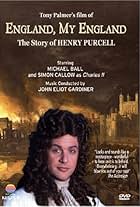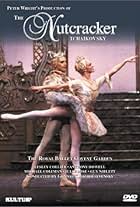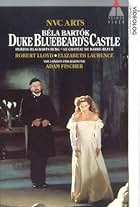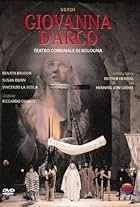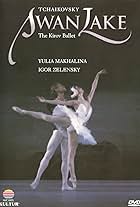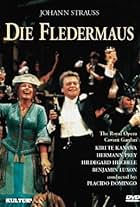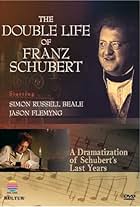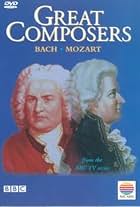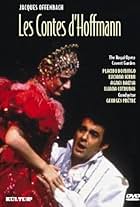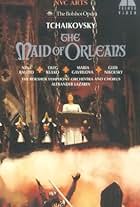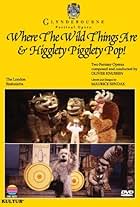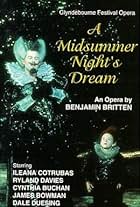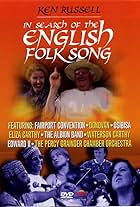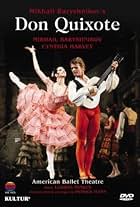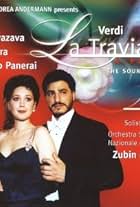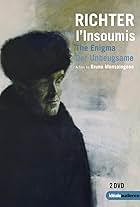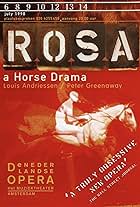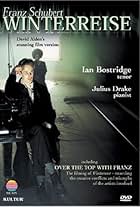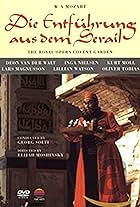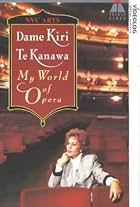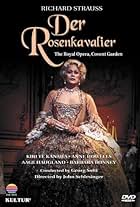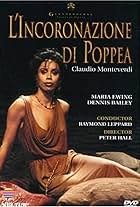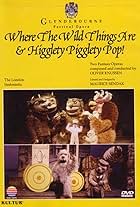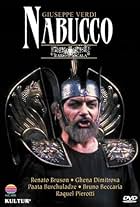Advanced search
- TITLES
- NAMES
- COLLABORATIONS
Search filters
Enter full date
to
or just enter yyyy, or yyyy-mm below
to
to
to
Exclude
Only includes titles with the selected topics
to
In minutes
to
1-50 of 96
- In 1960s, a British playwright attempts to reconstruct the life of real life 17th century English composer Henry Purcell even though little is known about him. Purcell's life is reenacted and his music performed.
- Although the set design and most of the costumes are remarkably like the later Royal Ballet Peter Wright productions, (2001 and 2009) many tiny details are different. While the production design is quite elaborate, much of the action is staged in a simpler manner than in Wright's later versions; for instance, the grandfather in the wheelchair has even less to do than in the later version, the angel that appears to Clara is on the staircase instead of next to the Christmas tree, and no St. Nicholas appears at the Christmas Party to distribute candies. Wright himself has stated that of all his "Nutcracker" productions, this one is the closest to the original. The story is the same as in the standard version of the ballet, with nothing really added to it, except that, as in many Russian versions and the Baryshnikov one, Clara and the Nutcracker Prince (Hans-Peter) are played by adults, not children. Clara's costume once she sneaks downstairs after the Christmas party is completely different from the one worn by the later Claras - she does not seem to be wearing a nightgown, but a full-fledged dress. In Act II, Clara and Hans-Peter (Drosselmeyer's nephew, who was formerly the Nutcracker) do not take part in the dances at the Sugar Plum Fairy's kingdom, as they do in the later Royal Ballet versions. The ending is almost completely different from the later Royal Ballet versions. Although we see Drosselmeyer and Hans-Peter reunited in the workshop (indicating that the fantasy events were real), there is no indication that Clara and Hans-Peter meet up again in the real world, or that they will be reunited as a couple, as in the later Peter Wright Royal Ballet versions. Drosselmeyer is noticeably grimmer in this production than in the later Royal Ballet versions. He never once smiles, and never seems to be really enjoying himself.
- Judith arrives at Bluebeard's dark castle hoping her love can convince him to reveal the secrets behind the locked interior doors.
- Director Werner Herzog joins forces with the great Italian conductor Riccardo Chailly to effect a masterful rendition of this rarely performed opera involving spectacular scenes of alternating light and darkness, pageantry and intimacy.
- This classic Kirov production of Swan Lake by Oleg Vinogradov, filmed at the Kirov Theatre in Leningrad in December 1990, includes the familiar happy ending in the final act, where Siegfried fights and ultimately defeats the evil magician, von Rothbart, and at dawn is reunited with Odette. Yulia Makhalina stars as Odette / Odile and Igor Zelensky, now an international star, is Prince Siegfried.
- The darker side of the composer is explored when he stays in the hospital for syphilis.
- While waiting for Stella to conclude her performance in the opera house next door, Hoffman recounts his 3 tragic loves: Olympia the mechanical doll, Giulietta the courtesan, and Antonia the young consumptive.
- An operatic adaptation of the 1963 Caldecott-winning classic book.
- Mistaken identity, unrequited love, and the supernatural are combined in Shakespeare's classic set in the woods of Greece on a moonlit night.
- This documentary begins with Ken Russell posing the question: "What is a true English folk song, if there is such a thing?" After receiving an indifferent response from his dog, Ken journeys around the countryside of England searching for an answer. He bumps into and interviews such famous artists as; Donovan, Fairport Convention, Osibisa, Eliza Carthy, So What, Edward II and The Albion Band among others.
- The American Ballet Theatre, performing at the Metropolitan Opera House, New York City, June 1983, led by Mikhail Baryshnikov, present Cervantes' story about the adventures of the Knight of Rueful Countenance.
- This biography of Sviatoslav Richter, the great Russian pianist who dedicated his life to music and had little regard for fame in the West, shines a light on his formative years and places him against the setting of a chaotic USSR culture.
- This is a TV adaptation of a 1993 opera entitled "Rosa," with a libretto by Greenaway and score by Louis Andriessen. "Rosa" is the first in a projected series of 10 operas, each dealing with the death of a famous composer - some real (Anton Webern, Jean-Baptiste Lully, John Lennon), others fictional. "Rosa" falls into the latter category; it tells the story of Juan Manuel de Rosa, a Brazilian who went to study music in America but spent most of his time in the cinema instead, becoming particularly entranced by Westerns. Now 32 years old and residing in an abandoned Uraguayan slaughterhouse, Rosa has become one of Hollywood's foremost composers, specializing in (what else?) Westerns. He also has a beautiful 19-year-old fiancee, Esmeralda, but he pays her little heed, instead lavishing his attentions on a black mare named Bola. One day, a group of men attired as cowboys arrive at the abattoir and kill both Rosa and Bola; an investigation is conducted, with particular suspicion!
- The hero Belmonte, assisted by his servant Pedrillo, attempts to rescue his beloved Constanze from the seraglio of Pasha Selim.
- Kiri Te Kanawa introduces a selection of some of her personal favorite operatic scenes.
- The Rosenkavalier delivers the rose to the Baron's intended, but she and the cavalier fall in love. When she meets the Baron, she enlists the cavalier's help to break the betrothal. The Princess helps the young lovers.
